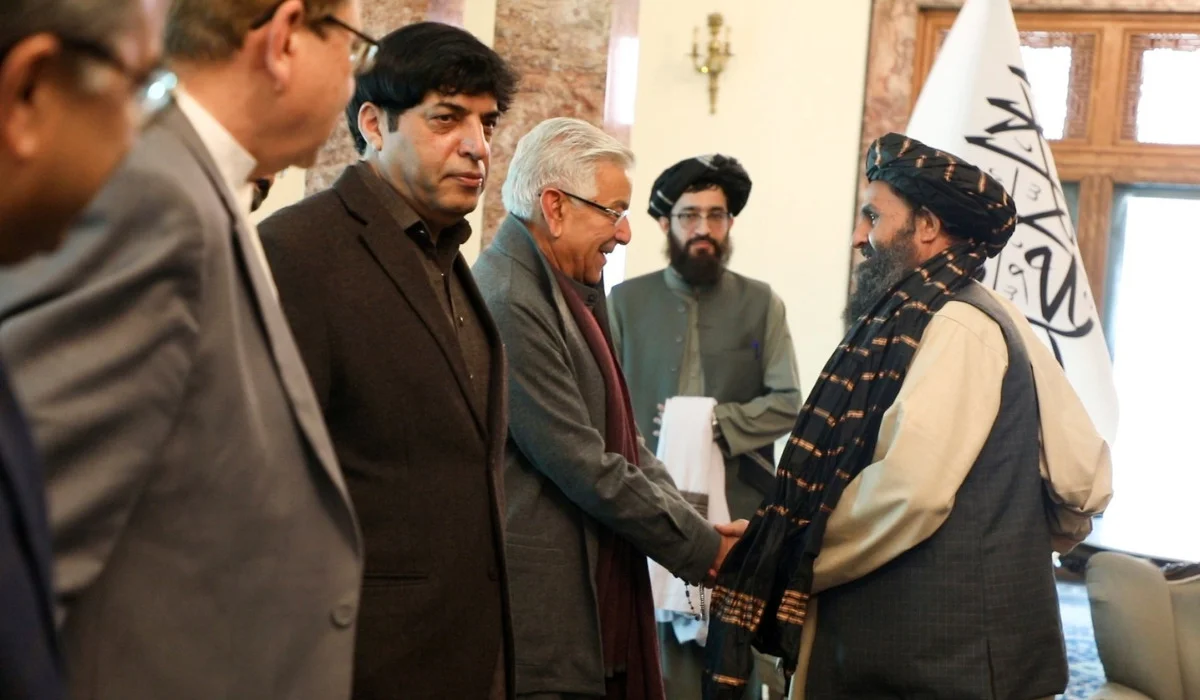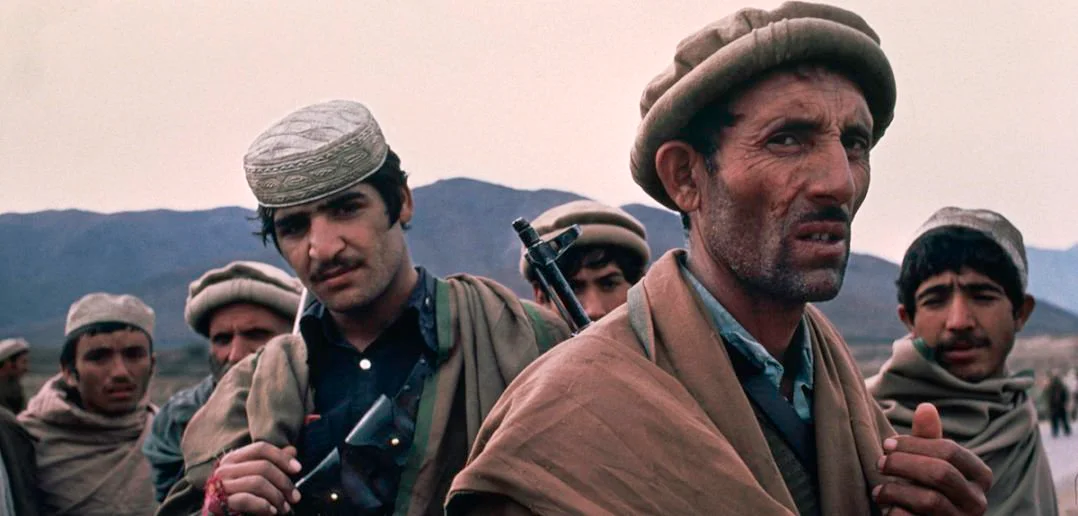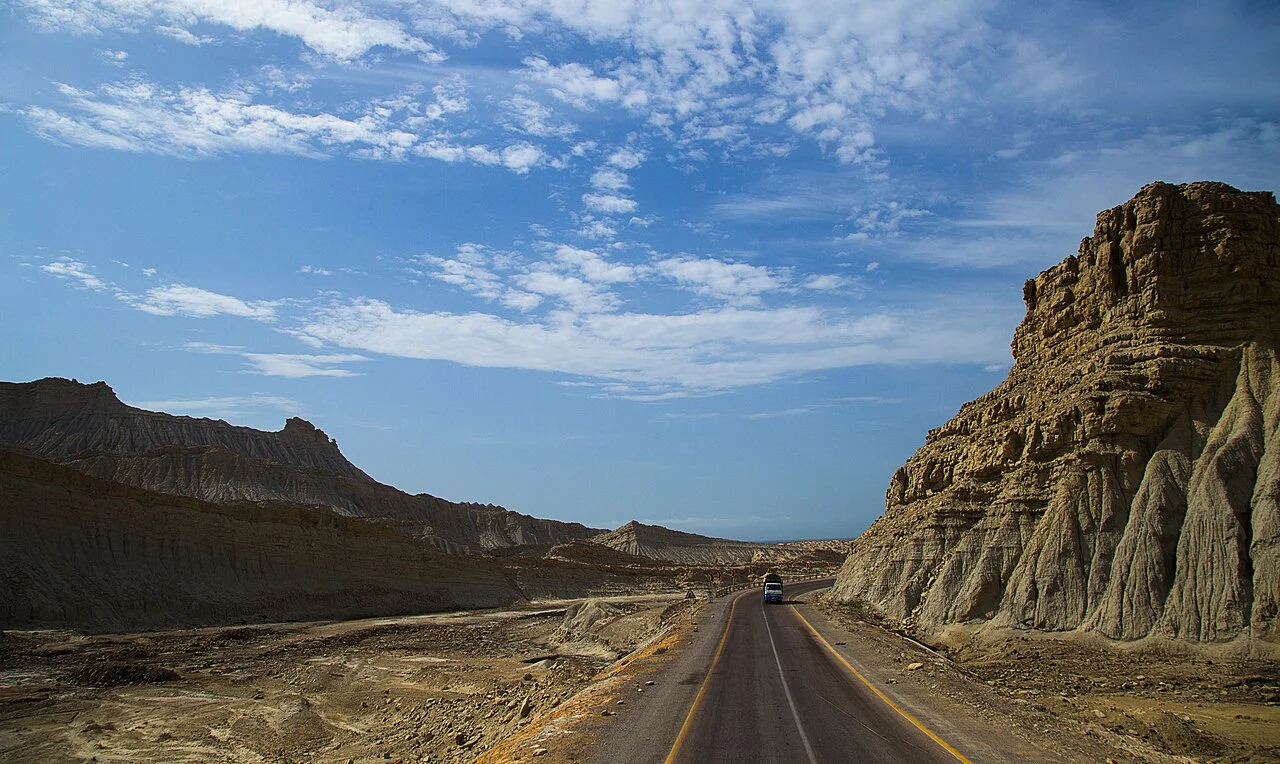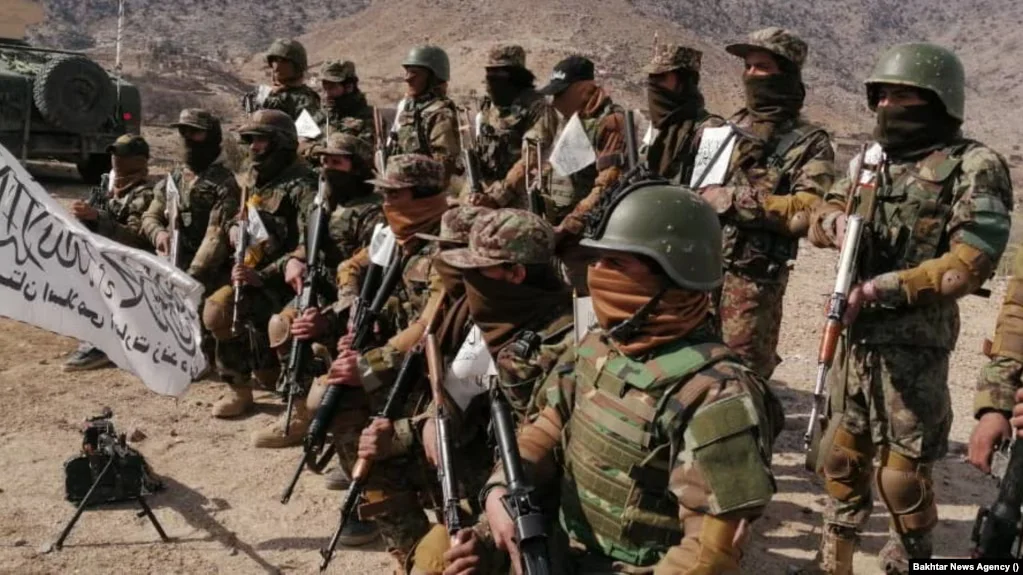Pakistan’s Defense Minister Khawaja Mohammad Asif visited Kabul to address the recent closure of the Torkham border crossing by the Taliban. Tensions between Afghanistan and Pakistan have been escalating in recent months.
ISLAMABAD (AP) — The Pakistani Defense Minister visited Kabul, Afghanistan, on Wednesday. He met with officials there in an effort to resolve the closure of a key border crossing by the Taliban administration. This closure occurred earlier in the week.
Defense Minister Khawaja Mohammad Asif’s trip to Kabul included a meeting with Mullah Abdul Ghani Baradar. Mullah Baradar is the Taliban-appointed deputy prime minister for economic affairs. This visit comes as tensions have increased between Afghanistan and Pakistan in recent months.
On Sunday, Taliban security forces closed the Torkham border crossing with Pakistan. On Monday, they traded fire with Pakistani border guards, wounding a Pakistani soldier. The border crossing has since remained shut, hampering trade on both sides of the troubled boundary. Meanwhile, the Pakistani Defense Minister is visiting Kabul.
The Taliban government in Kabul said they closed Torkham due to Pakistan’s alleged refusal. They claimed Pakistan did not allow Afghan patients and their caretakers to enter for medical care without travel documents.
For Pakistan, the crossing is a vital commercial artery and a trade route to Central Asian countries. Islamabad has accused the Afghan Taliban of providing sanctuary for Pakistani militants. These militants have carried out cross-border attacks into Pakistan. These attacks have led to a spike in violence in the region.
Since Sunday’s closure of Torkham, more than 6,000 trucks with goods have been stuck on the Pakistani side of the border. This includes vegetables, fruit, and other perishable food items.
Defense Minister visit to Kabul
Pakistan’s Foreign Ministry confirmed that Asif was in Kabul. They said he was there to discuss security-related matters, including counter-terrorism measures. Two Pakistani security officials, speaking on condition of anonymity, told The Associated Press that the closure of Torkham was at the top of the agenda.
In Kabul, a statement issued by Baradar’s office about Asif’s visit said the two sides discussed the current situation at the crossing.
According to the statement, Baradar told the Pakistani delegation that “necessary facilities should be provided for all passengers” at Torkham and also at Spin Boldak, another trade route located to the south, across from Chaman in Pakistan’s restive southwestern Baluchistan province.
Baradar was also quoted as saying “special facilities” should be provided for the transportation of patients needing emergency medical care.
SEE ALSO: https://southasiatimes.org/pakistan-urges-taliban-to-remain-involved-in-the-peace-process/
“The Pakistani side assured the Islamic Emirate of Afghanistan that it would resolve solving the mentioned issues and … work quickly on this matter,” the statement said. Baradar also stressed it was important “to separate commercial and economic issues from political and security issues so that it does not become prey to politics.”
Criticism of Torkham Closure
Meanwhile, Ziaul Haq Sarhadi, a director at the Pakistan-Afghanistan joint Chamber of Commerce and Industry, deplored the traffic halt at Torkham.
“Miles after miles you can see trucks loaded with various items, and the drivers are waiting for the reopening of the Torkham border,” he told the AP. He said Afghan traders were also worried as the closure has caused problems on both sides of the border.
Closures, cross-border fire and shootouts are common along the Afghan-Pakistan border. Each side has in the past closed both Torkham and Chaman over various reasons.
The Taliban seized power in Afghanistan in August 2021 as U.S. and NATO troops were withdrawing from the country after 20 years of war. Like the rest of the world, Pakistan has so far not recognized Afghanistan’s Taliban government. The international community has been wary of the Taliban’s harsh measures, imposed since their takeover, especially in restricting the rights of women and minorities.
Associated Press writer Riaz Khan in Peshawar, Pakistan, contributed to this story.
Source: AP News






